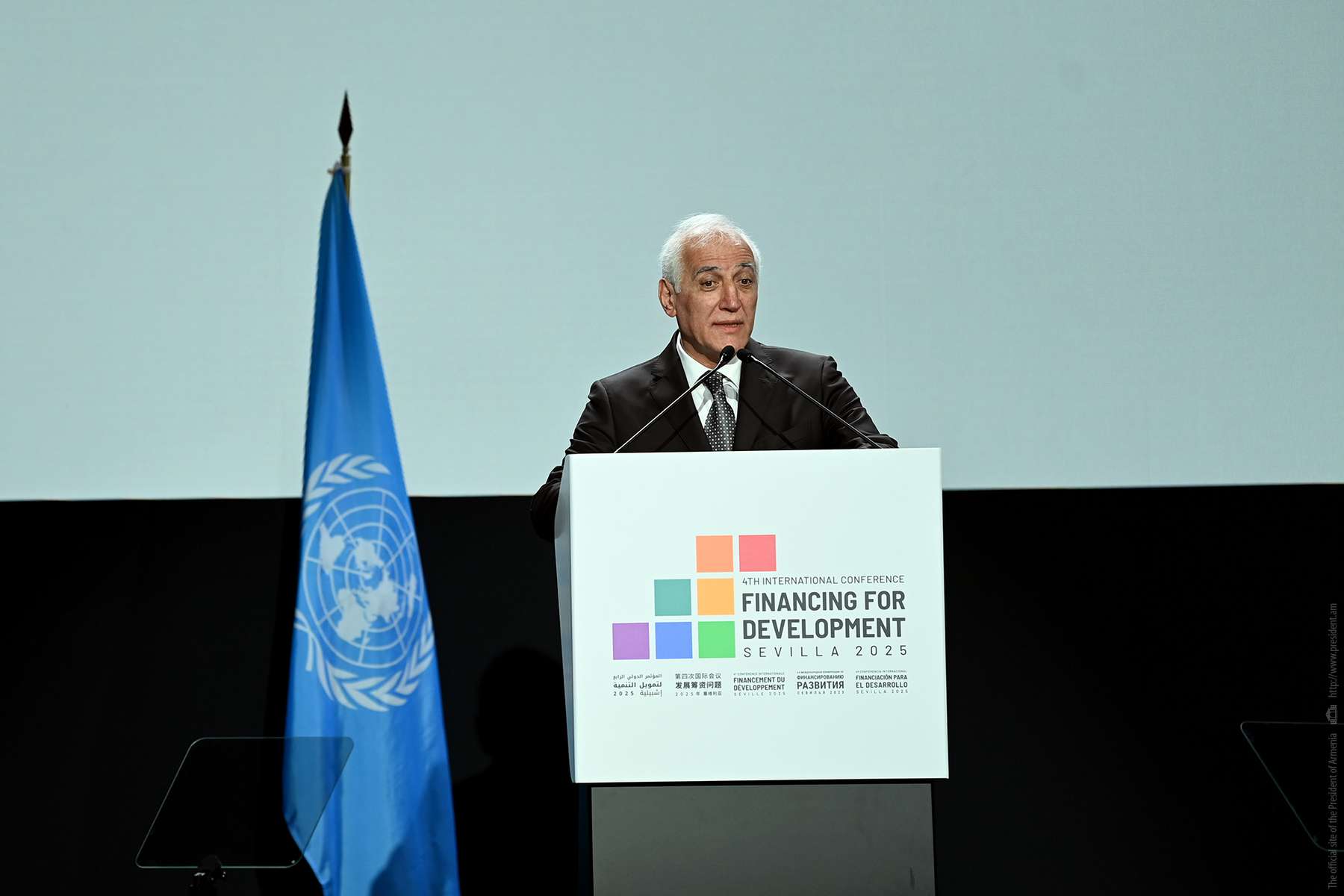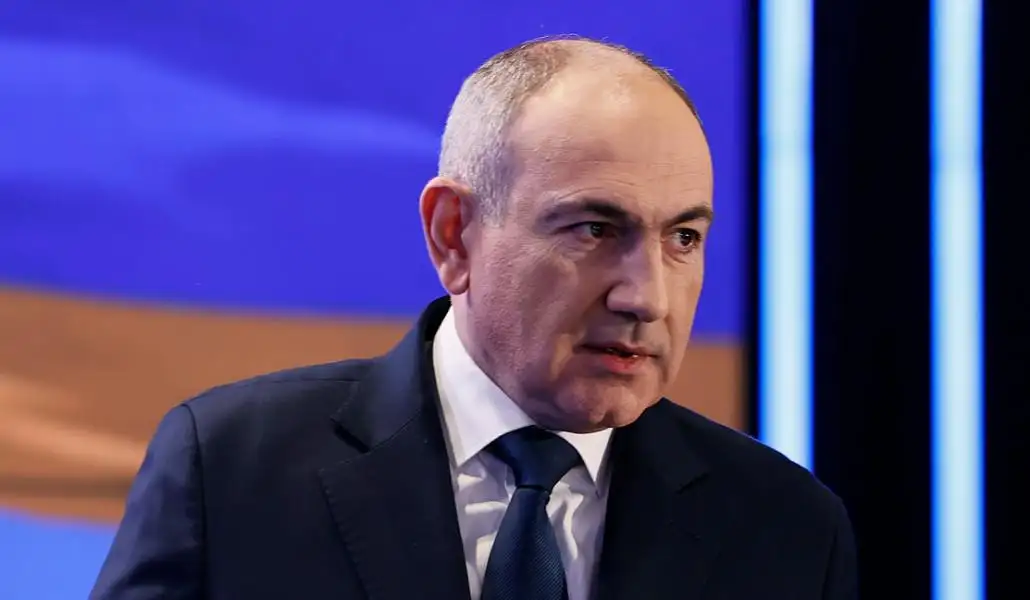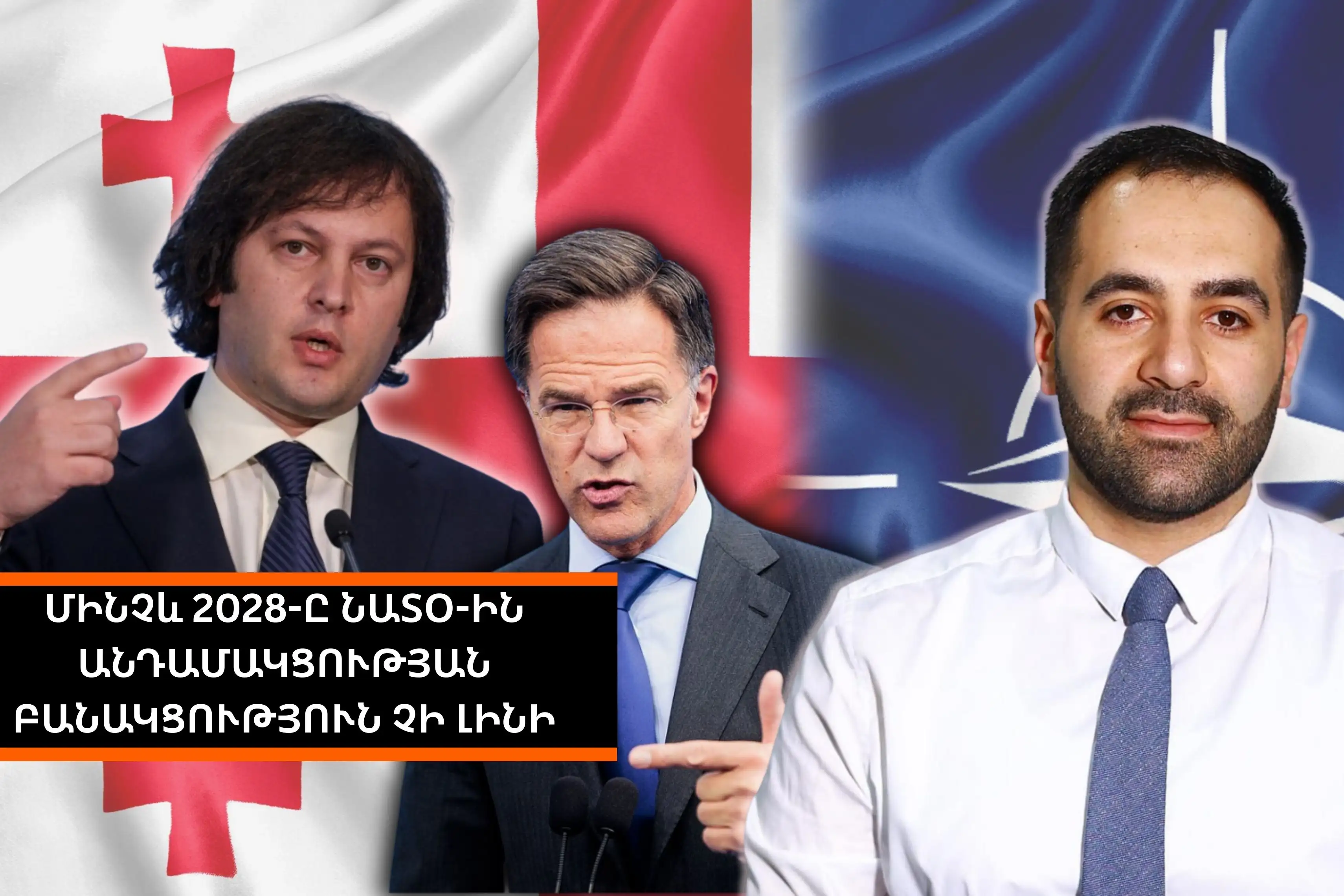Within the framework of his working visit to the Kingdom of Spain, President of the Republic Vahagn Khachaturyan delivered a speech at the UN Global Forum on Financing for Development.
"First of all, I would like to thank the Government of Spain for hosting this important international event and for the warm hospitality shown. In these challenging times, when the world is facing unprecedented difficulties, it is more necessary than ever to unite our efforts, demonstrate solidarity, and show strong political will towards the implementation of the 2030 Agenda for Sustainable Development.
Ten years ago, building on the commitments made in Monterrey and Doha, we adopted an ambitious and comprehensive document, the Addis Ababa Action Agenda, which provided the guidelines and tools for transforming the global financial system, with the principle of "leaving no one behind." However, alongside significant achievements, there are still more questions than answers today.
Global challenges that have emerged in recent years, such as the COVID-19 pandemic, the growing impact of climate change, heightened geopolitical tensions, and the rise of conflicts, have exposed serious gaps in the Addis Ababa Action Agenda, requiring urgent steps to continuously reform the international financial system and adapt to new realities. The decline in official development assistance has had devastating consequences for developing countries, jeopardizing the progress they have made.
The worrying trends that have emerged in the global development agenda are particularly affecting countries with special status, such as the least developed countries, landlocked developing countries, and small island developing States, whose systemic vulnerabilities hinder the achievement of the Sustainable Development Goals.
Middle-income countries are also struggling, often trapped in the so-called "middle-income trap" due to the shortcomings of the current international financial system.
Let me give an example of my country, Armenia. Armenia is an upper-middle-income country. At the same time, it is a landlocked developing country facing multiple challenges, including the influx of 115,000 refugees forcibly displaced from Nagorno-Karabakh, which represents 4 percent of the country's total population; recurrent disasters caused by climate change; and difficulties in connecting to global markets and value chains. However, Armenia is forced to divert limited resources to service its over $13 billion public debt at the expense of financing humanitarian, climate change mitigation, and sustainable development needs.
In this context, targeted and practical steps are needed to address existing inequalities and gaps in the international financial system. Armenia strongly supports the introduction of additional criteria beyond GDP, reducing reliance on token financing, and strengthening the capacity of the United Nations Development System to respond in a timely and effective manner to the needs of countries and people in vulnerable situations.
The international community's support for strengthening democratic institutions, promoting good governance, ensuring transparency, and upholding the rule of law is crucial for enabling low- and middle-income countries to embark on a sustainable development path. It is necessary to ensure equal and fair access to new technologies, bridge digital divides, and mobilize the resources needed to address climate change, biodiversity loss, and desertification. As the chair of the 17th Conference of the Parties (COP17) to the Convention on Biological Diversity next year, Armenia stands ready to work closely with all partners to fill the biodiversity financing gap.
Armenia welcomes the consensus reached on the Outcome Document, which demonstrates the willingness of all parties to work together, to translate promises and commitments into tangible action, and to ensure meaningful change.
We hope that the Seville Accord (Compromiso de Sevilla), with its forward-looking commitments, will provide new impetus to the international community's efforts to reform the global financial system, enhance its resilience and efficiency, and make financial resources more accessible to the most vulnerable groups. I wish all participants fruitful discussions."




















